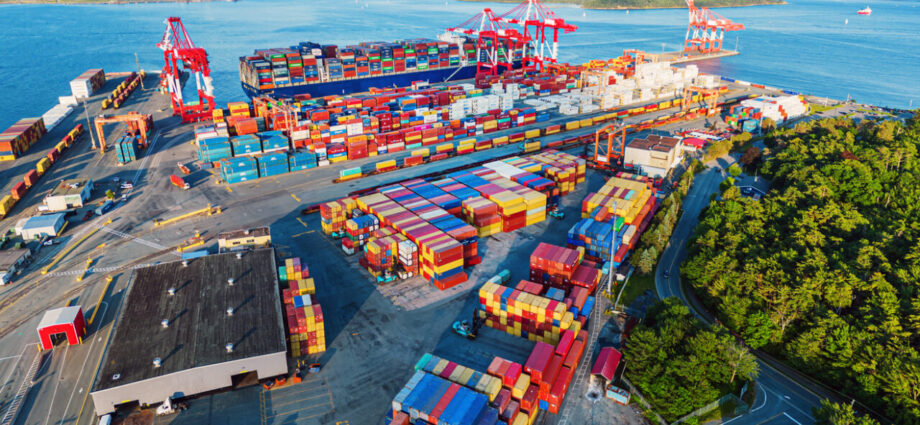North Sea Port has entered into a strategic cooperation with five key Canadian ports—Montréal, Québec, Saguenay, Sept-Îles, and Trois-Rivières—to strengthen trade along the Saguenay–Saint Lawrence sea corridor. This agreement aims to enhance bulk cargo flows, optimize logistics, and drive sustainable port operations between Canada and North-Western Europe.
Expanding Bulk and Breakbulk Trade
Canada ranks as North Sea Port’s fourth-largest trading partner, making this agreement a crucial step in improving bulk cargo movement. The collaboration focuses on developing bulk and breakbulk sectors, ensuring smoother logistics between Canada’s hinterland and European markets.
With increasing demand for dry bulk commodities, including minerals, agricultural products, and industrial materials, the partnership will help streamline supply chains and improve port planning and operations.
Technology and Innovation in Port Operations
Beyond cargo movement, the agreement also fosters technology-driven innovation. The ports will promote collaborations between companies, research institutions, and start-ups, focusing on advancements such as AI-powered logistics and digitalization of port operations.
Sustainability and Energy Transition
A key pillar of this cooperation is reducing carbon emissions in port activities. The ports will work together on:
✅ Low-carbon energy production
✅ Alternative fuels and energy efficiency
✅ Sustainable port infrastructure development
The Saguenay–Saint Lawrence corridor plays a critical role in transatlantic trade, and this partnership is set to improve eco-friendly transport solutions for the bulk cargo sector.
Strengthening Africa’s Trade Ties
For Africa’s dry cargo and breakbulk industry, this partnership opens doors to more efficient trade routes with North America and Europe. Ports in Africa can benefit from shared best practices in logistics, sustainability, and port technology, reinforcing Africa’s position in global dry bulk trade.
As North Sea Port and its Canadian counterparts deepen collaboration, global bulk cargo trade is set for greater efficiency, innovation, and sustainability—creating new opportunities for African exporters, shippers, and logistics operators.




